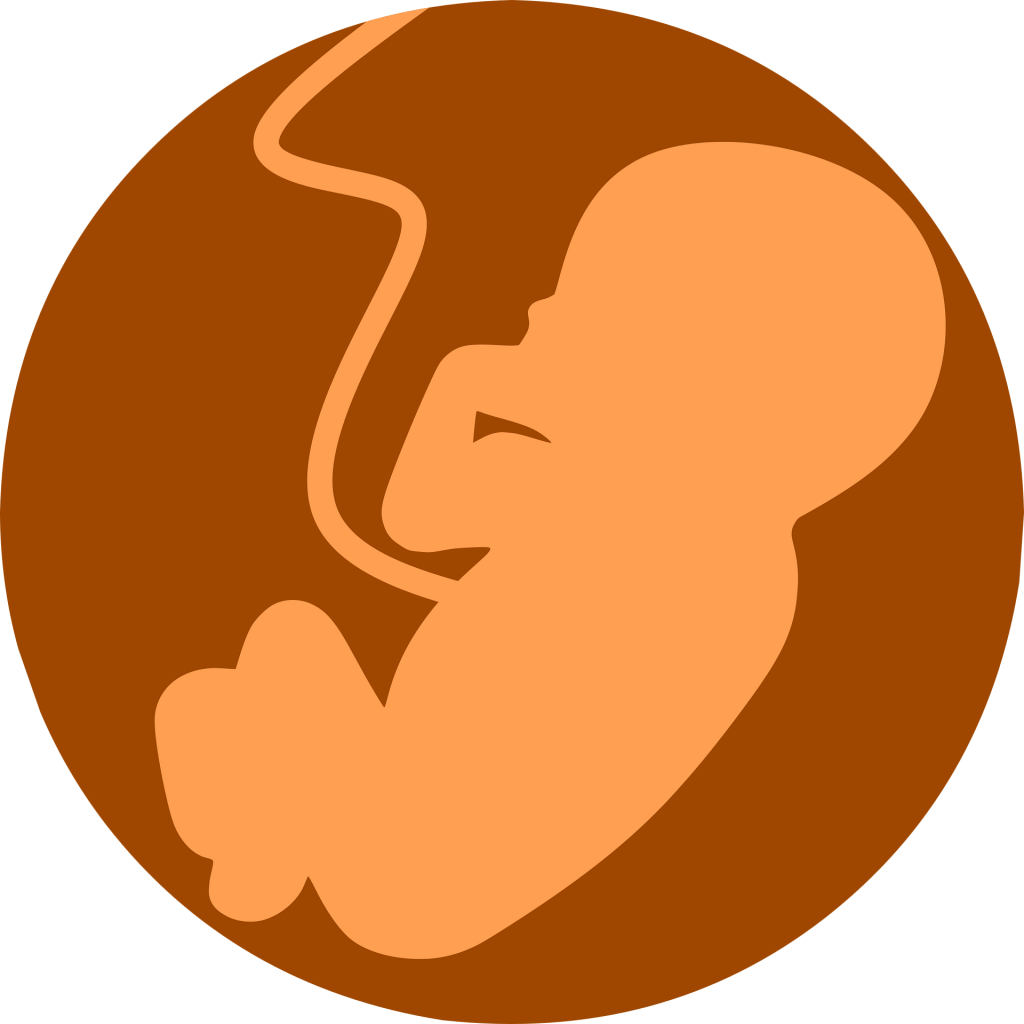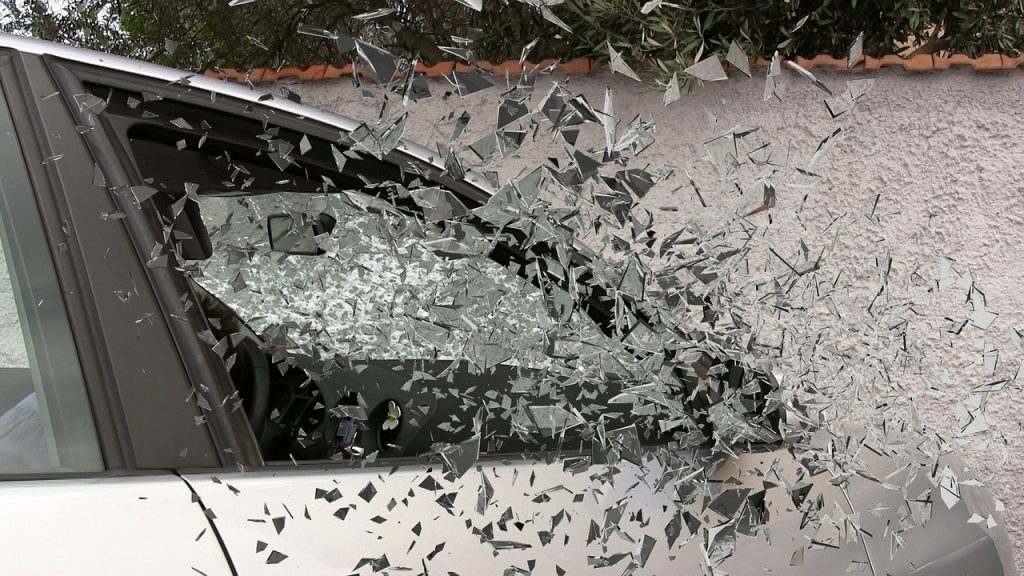Do you ever wonder why we, as adults, are so miserable and unhappy, while our children happily frolic around, oblivious to the stress and challenges of the world?
If you do, then please, read on to see my take on this phenomenon.
Let’s perform an experiment
Look at any young child, and just observe.
You will see that if you put a blank page in front of them – they will immediately begin to create. In fact, they never stop creating.
Creating noise, creating mess, creating trouble, the list goes on and on.
As “grown-ups”, or wannabe perfectionists, we often don’t see eye to eye with them regarding their aforementioned “creativity”.
When they draw, they don’t make straight lines with a ruler, or make all their shapes symmetrical.
However, they don’t look down upon those imperfections. They likely do not even see them as being imperfections.
A drawing is not meant to be perfect, nor should they expect it to be. The beauty of art lies in its imperfection.
They do what they can, and that is enough.
Enough to make them smile.
Enough to make them wake up happy – every single day. No matter what they went through the day before. No matter how many times they were told to STOP being imperfect.
Hello World

To help put this into perspective – let’s go back to the start.
We are born warm, open, malleable.
We are ready for positive ideas.
Ready to be accepted for who and what we are.
Ready to be taught and gain knowledge.
Sensitivity, patience, and the acceptance of our imperfect selves are the foundational vehicles that allow us to transition from the tranquil state in the womb to the harsh reality of this world.
Enter Reality
Let’s visualize that our metaphysical selves, our physche, our emotions, personality, everything that essentially sums up “who we are” is packaged and built into a vehicle.
Our journey starts off in the womb. Our vehicle is in the process of being built.
Then we are born, and we begin driving our vehicle.
The road is smooth, clear of any obstacles.
Then one day, our vehicle hits an obstacle. It starts off small, at first.
Small cracks in the pavement.
“Don’t worry, they’ll just cry themselves to sleep.”
I have been left alone. It hurts more than that needle I was poked with last week. Oh, how I miss my old, warm home.
When we get a little older: Pot holes.
“Oh, hey little guy. Nice artwork – but your lines are all crooked. Here, let me show you how to make straight lines with this ruler.”
We are now increasingly told that the “way we are” is unacceptable.
Signs and other roadblocks are put in our way.
Breaking away the body of our vehicles: side mirrors, bumpers, headlights, doors, tires.
We begin to steer into sidewalks and fire hydrants.
“No – not like that. No, not like that either! Forget it, here let me do it for you.”
“You’re doing it all wrong! Aren’t you listening to me?”
“Why do you keep crying all the time? You need to stop being so sensitive.”
Eventually the impacts begin to reach the internal workings of the vehicle: transmission, braking system, the engine.
Breaking down and crushing everything that got us here in the first place.
Sensitivity has turned against us.
Patience has never hurt so bad.
Rejection of who we are, of who we will ever be.
Concrete walls
“Why are you crying again?!”
“Stop crying!”
“STOP IT!”
Broken, with every blow, every teardrop, every crash, every sob, every dismissal, every rejection, every hurtful reprimand.
Walls of steel and plastic, shards of glass, ice cold steel, soft tissue.

Now ask the parent
Do you wake up smiling, every single day?
Do you wake up with a clean slate – no enmity or bad feelings against anyone or anything from the day before?
Uh – who needs to learn from who here again?
As parents, we are in such a hurry to have our children grow up that we sometimes forget to let them live.
We also forgot, or nobody told us, how to activate that long lost part of us. The part of us that will help us understand ourselves, so that we can better understand our children. Our inner child.







